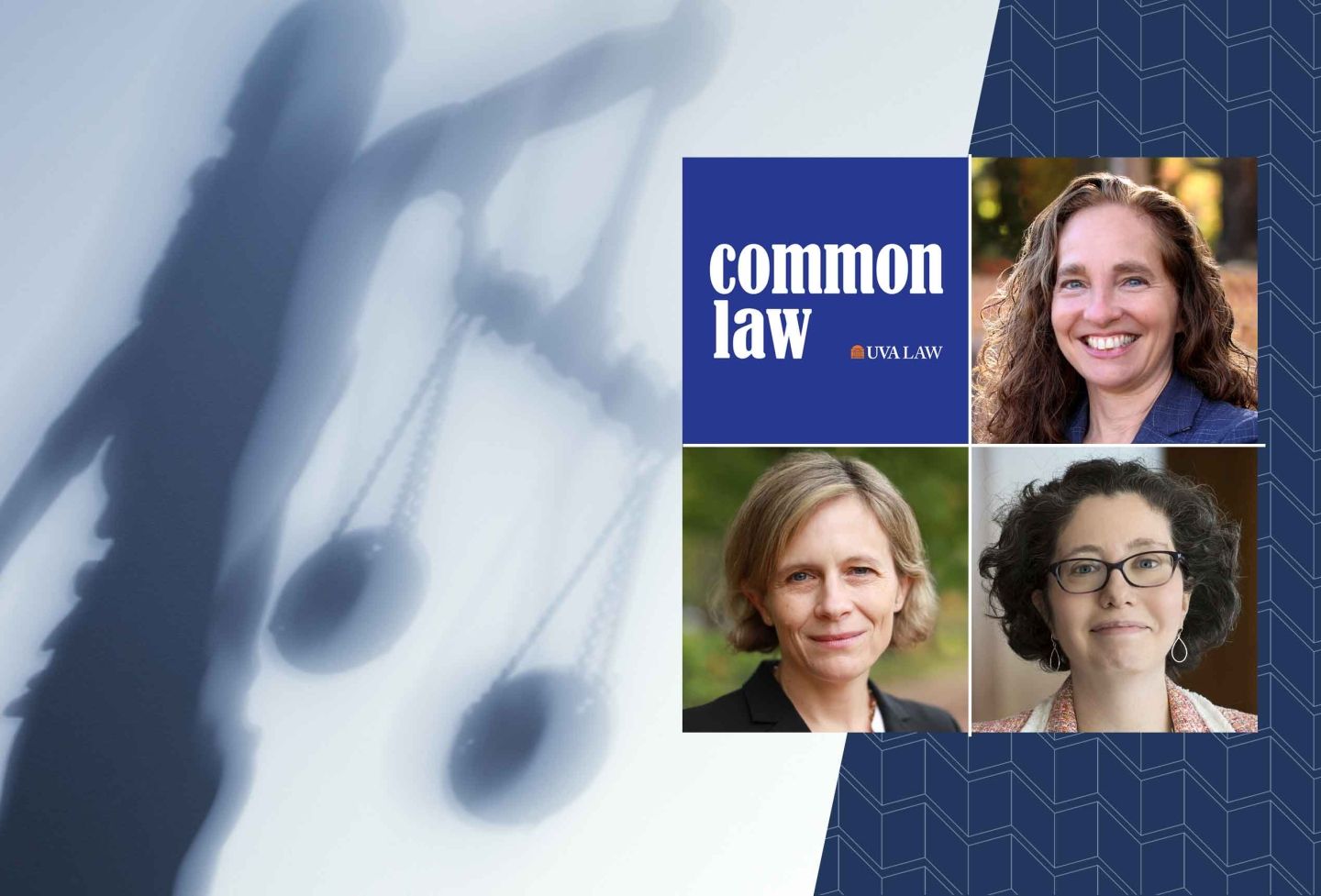Recent DNA testing on the garments of a child rape victim identified “touch DNA” profiles that exclude Darnell Phillips, the client of the University of Virginia School of Law Innocence Project Clinic who is currently serving 100 years in prison for the 1990 crime.
“There were multiple male DNA contributors to the touch DNA on the victim’s shorts and underwear, and Darnell was not any of them,” said Jennifer Givens, the legal director of the clinic.
In addition, the victim, now an adult, has given a sworn affidavit stating that the only reason she identified Phillips at trial was because the police lied to her about the evidence against him.
Second Judicial Circuit Judge A. Bonwill Shockley addressed the clinic’s recent motion for further discovery based on the new evidence on Sept. 13. But unconvinced that the court had jurisdiction, the Virginia Beach judge denied the request. The clinic now intends to file a petition for writ of actual innocence with the Virginia Supreme Court by the end of October. That court could send the case back down to the Virginia Beach judge for discovery and/or an evidentiary hearing.
Shockley said, “she wants to get to the truth of this,” according to Givens.
The clinic hopes to force the Virginia Beach Police Department and Commonwealth’s Attorney’s Office to turn over information they may have about other possible suspects. The case file included the photo of at least one other potential suspect, Givens said.
In 2015, the clinic found the physical evidence that set them down the path of DNA testing. They discovered that a rape kit and garments from the original investigation had been in storage at a Virginia Beach courthouse evidence room but had never been tested.
After two labs came up without anything conclusive from the time-denigrated samples, a third lab in California found evidence over the summer that at least two men had touched the garments, and neither man was Darnell Phillips. A sperm cell was also found but did not yield any DNA results.
While the biological samples were not hardy enough to provide a comparison to the FBI’s Combined DNA Index System that aggregates criminal justice DNA databases, called CODIS, the clinic now hopes to find a more likely perpetrator and compare his DNA.
“The profile generated by the touch DNA on the victim’s clothing could be compared to any alternate suspects we might find,” Givens said.
Following the news from the lab, Deirdre Enright, the clinic's director of investigations, flew to the home of the victim, whose father moved her out of state immediately after the crime. She provided a wealth of new information about how police conducted their investigation. In her affidavit, she said police told her that Phillips had assaulted other children, that his alibi did not check out and that her blood was found on his underwear at his home.
"None of these statements was true," Enright said.
The victim, now 36, was 10 at the time of the crime.
“She was obviously very emotional about the news [of the DNA exclusion]," Enright said. "But she told us they just kept putting pictures of black men in front of her, even though she wasn’t able to pick out her attacker. She eventually felt pressured to identify Darnell at trial.”
She also told Enright that the prosecutors coached her intensely.
“The victim told me that, ‘They told me exactly what to say and exactly what not to say.’”
The clinic will submit a separate filing — an actual innocence petition based on the DNA exclusion — to the Virginia Supreme Court by Oct. 30.
In other recent clinic activity:
- The clinic returned to court Sept. 8 in support of its recently released client, Emerson Stevens, who seeks to have his name officially cleared by the state. In 1986, Stevens was convicted of abducting and murdering Mary Keyser Harding, a Lancaster mother of two. Stevens was released on parole in May. The judge considering the clinic’s state habeas petition will issue a ruling on Dec. 1.
- The clinic has petitions for appeal due in October in the cases of Messiah Johnson, accused in the armed robbery of a hair salon, and Trudy Muñoz, a daycare worker accused of shaking a baby in her care. The clinic alleges improper investigative techniques and prosecutorial misconduct in the former case and bad science in the latter.
- In addition, the clinic has numerous pardon requests into Gov. Terry McAuliffe for consideration.
Related News
Founded in 1819, the University of Virginia School of Law is the second-oldest continuously operating law school in the nation. Consistently ranked among the top law schools, Virginia is a world-renowned training ground for distinguished lawyers and public servants, instilling in them a commitment to leadership, integrity and community service.


